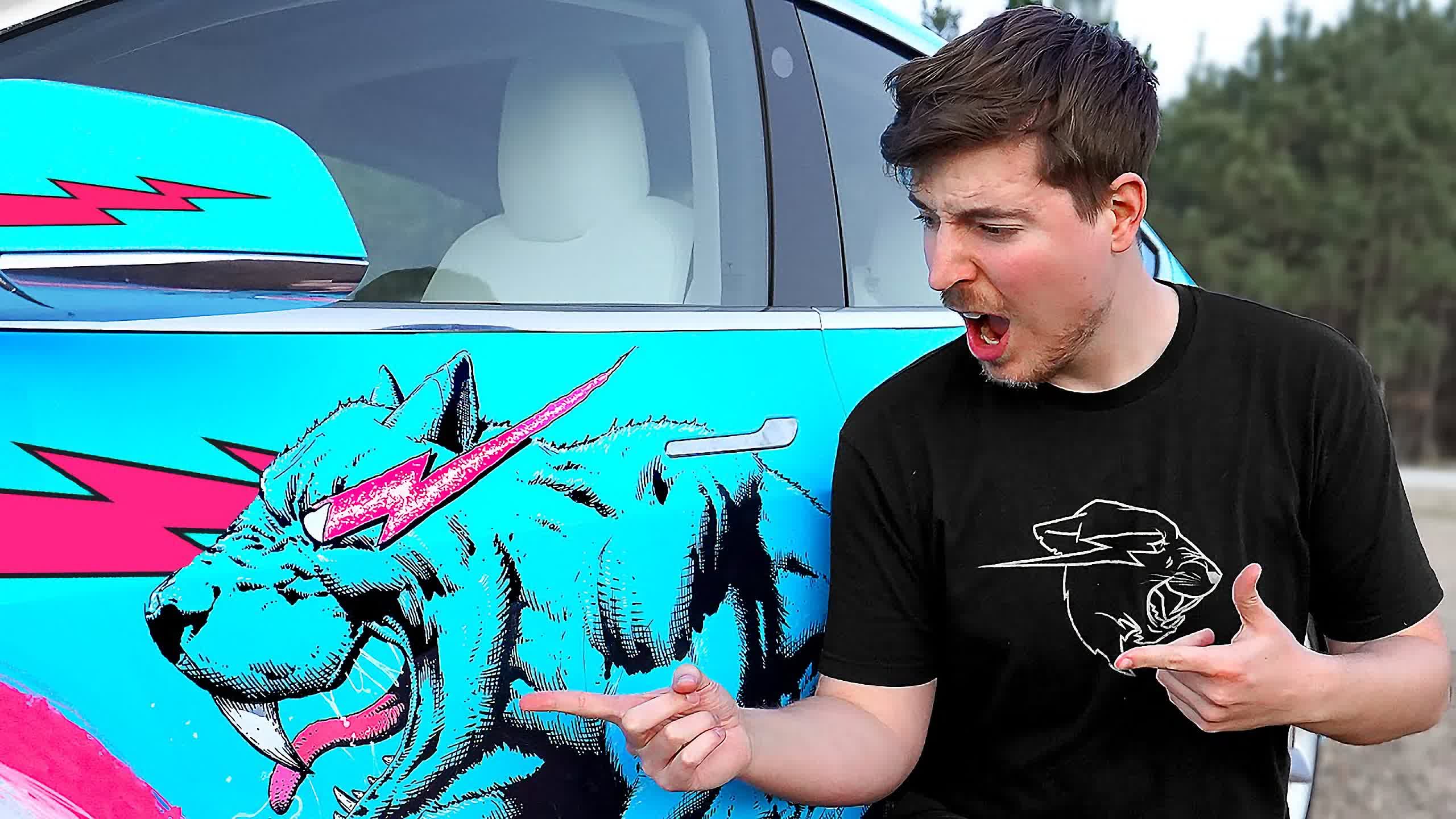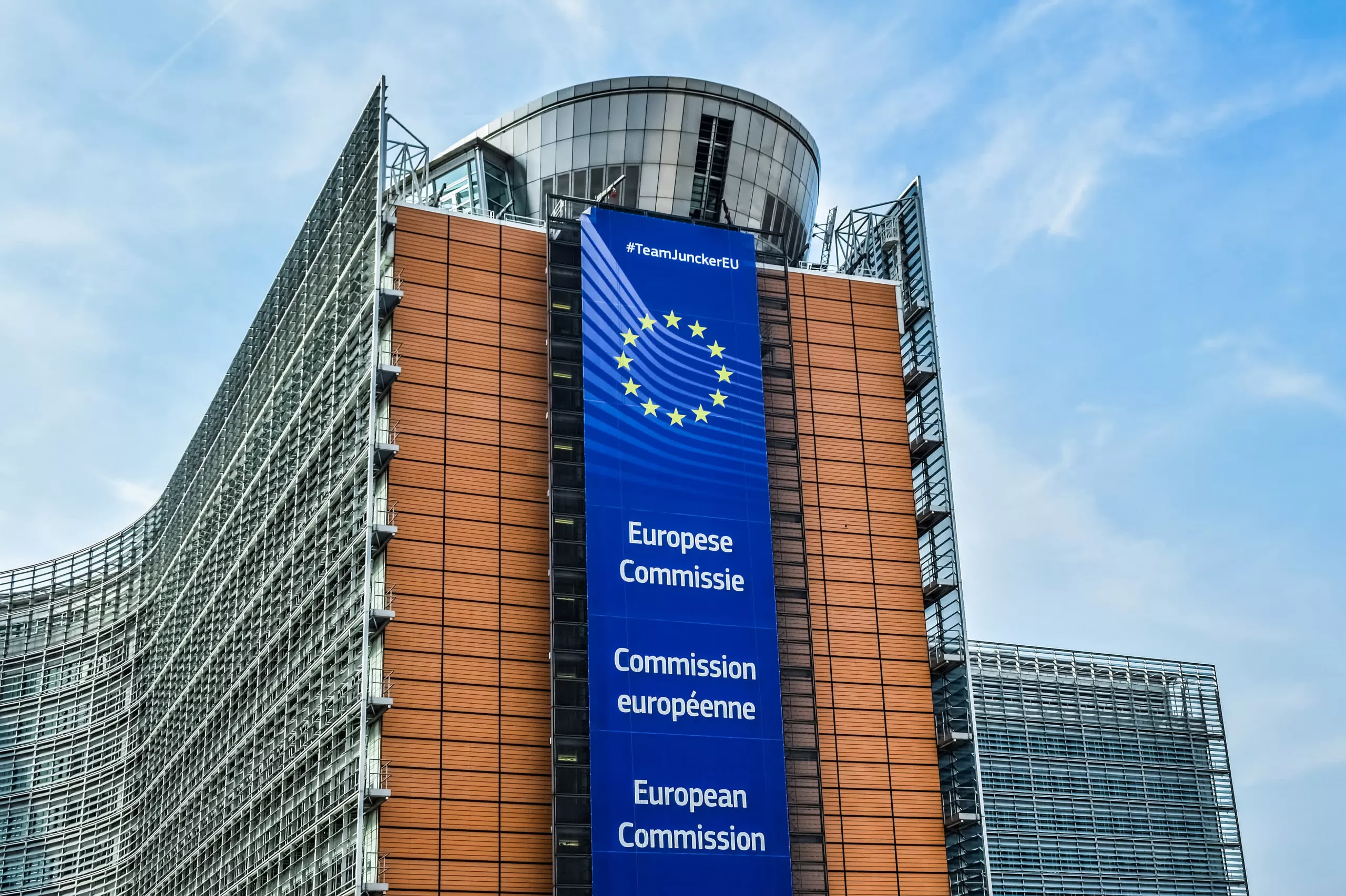In brief: Influencers are one of the main pillars of young people's media diet, so they've become a vital channel for advertisers, who spend significant amounts of money on them. The trustworthiness of influencers who promote products has been a known issue for years, but the European Union recently put hard numbers behind the severity of the problem.

According to a new study from the European Commission, most social media influencers don't adequately disclose whether their content is paid advertising. The analysis provides a concerning snapshot of the social media landscape as the European Union prepares to enact legislation that includes new transparency rules.
Influencers gain their fame by informing and entertaining audiences with content related to the things they care about, but much of what they produce is sponsored by companies trying to sell products to their followers. Advertisers spend up to billions of dollars on endorsements from the most successful influencers. Furthermore, many influencers make money by directly selling items, which is one of the practices the EU is attempting to regulate.

Current laws require influencers on the largest platforms like Instagram, TikTok, YouTube, Facebook, X (formerly Twitter), and Snapchat to make it clear when they are performing advertising. Furthermore, those who directly sell products must abide by European trade regulations. The regulations will apply to all online platforms upon enactment of the Digital Services Act on February 17.
While preparing to bring the DSA into force, the European Commission and consumer protection authorities from 24 countries screened social media posts from 576 influencers. They found that a significant portion promoted their own or other brands without suitably divulging the commercial nature of their posts.
The most notable discovery was that, while 97% of the influencers made posts that advertised products or services, only 20% consistently clarified which posts were advertisements in a way that met EU standards. Over three-quarters engaged in activities normally restricted to registered traders, like operating websites to sell products, but only 36% were registered as traders on the national level.
Many influencers who labeled their advertisements did so somewhat ambiguously. Most only displayed advertising disclosures during part of a video, or required additional clicks for viewers to see it. Furthermore, influencers often called their posts collaborations or partnerships instead of advertisements, or would merely thank a partner brand.
Further action is planned based on the Commission's findings, including investigations of 358 influencers. Authorities in the relevant countries will ask the highlighted influencers to follow the new rules, but it's unclear how the measures will involve platforms or how those platforms will respond.
https://www.techspot.com/news/101891-80-influencers-dont-properly-disclose-advertising.html